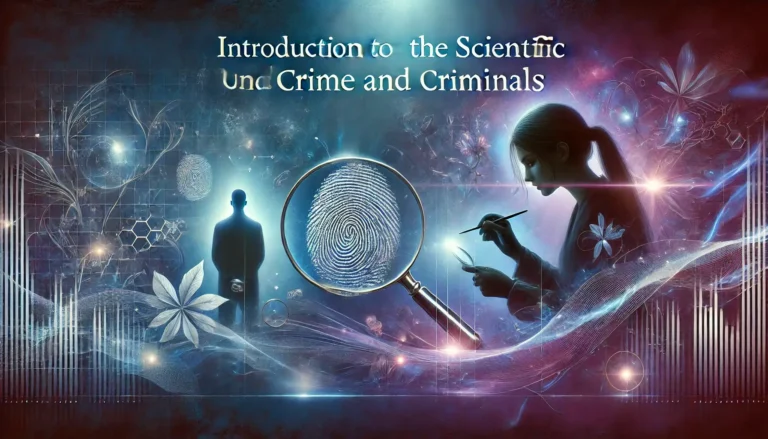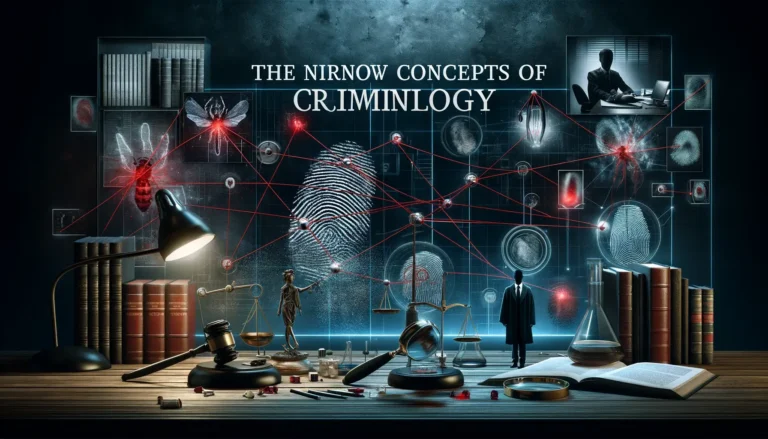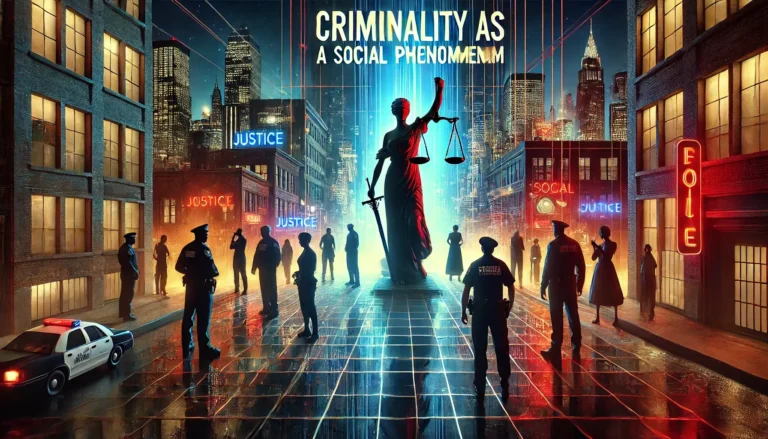The Scientific Understanding of Crime and Criminals | Criminology
Introduction to the Scientific Understanding of Crime and Criminals Crime and criminal behavior have been subjects of profound inquiry for centuries. Understanding the scientific dimensions of these phenomena is critical for developing effective strategies for prevention, intervention, and rehabilitation. The scientific understanding of crime and criminals involves a multidisciplinary approach, incorporating insights from criminology, psychology,…










